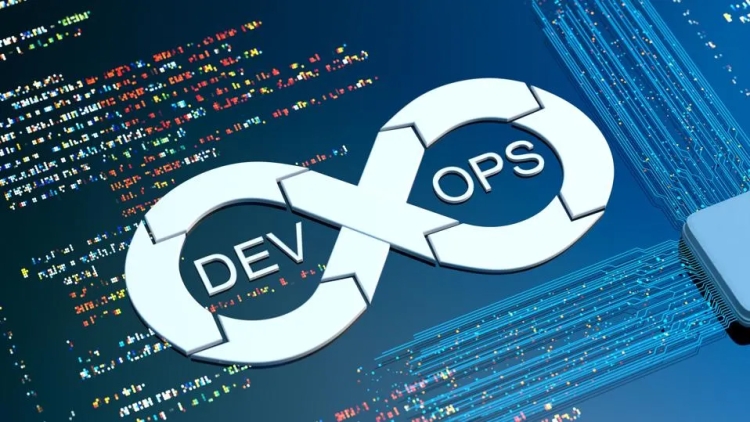DevOps Solutions: Key Trends and Future Insights
Discover the latest trends and future insights in DevOps, including AI-driven automation, DevSecOps, CI/CD best practices, and cloud-native development. Stay ahead with expert insights!

Introduction
In today’s fast-paced digital landscape, DevOps has become a game-changer for software development and IT operations. But what exactly is DevOps, and why is it so important? Simply put, DevOps is a combination of development (Dev) and operations (Ops) aimed at improving collaboration, automating workflows, and ensuring faster, more reliable software delivery.
As businesses continue to embrace digital transformation, the need for agile, efficient, and scalable development processes has never been greater. DevOps not only streamlines development cycles but also enhances security, quality, and overall operational efficiency.
The Evolution of DevOps
Before DevOps, traditional IT and software development followed the Waterfall model, where development, testing, and deployment were separate stages. This approach often led to delays, inefficiencies, and miscommunication between teams. However, with the rise of agile methodologies, DevOps emerged as a solution to bridge the gap between development and operations.
Over the years, DevOps has evolved significantly, with the adoption of automation, cloud computing, and microservices becoming standard practices in the industry.
Key Components of DevOps
Continuous Integration (CI)
CI ensures that developers can merge code changes frequently, reducing integration issues and improving software quality.
Continuous Deployment (CD)
CD automates the deployment process, enabling faster releases and reducing manual intervention.
Automated Testing
Automated testing helps ensure code reliability and quality, minimizing the chances of production failures.
Infrastructure as Code (IaC)
IaC allows teams to manage infrastructure programmatically, making it easier to scale and maintain consistency.
Latest DevOps Trends in 2025
AI and Machine Learning in DevOps
AI-powered tools are revolutionizing DevOps by enhancing automation, predicting failures, and optimizing resource allocation.
Shift-Left Testing Approach
Organizations are adopting a shift-left strategy, integrating testing earlier in the development cycle to detect issues sooner.
Serverless Computing and DevOps
Serverless architecture reduces the need for managing infrastructure, allowing developers to focus on writing code.
DevSecOps: Security First Approach
Security is now a priority, with DevSecOps integrating security measures throughout the development pipeline.
The Role of AI and Automation in DevOps
With AI-driven automation, DevOps Consulting Services teams can predict issues before they occur, ensuring more resilient and efficient systems. AI also helps with log analysis, anomaly detection, and performance optimization.
Cloud-Native DevOps
Cloud-native DevOps enables greater flexibility, scalability, and efficiency. Technologies like Kubernetes, Docker, and serverless computing play a crucial role in modern DevOps practices.
Microservices Architecture and DevOps
Microservices allow faster and independent deployment of services, making DevOps processes more streamlined and efficient.
Security in DevOps (DevSecOps)
Security should never be an afterthought. Automating security testing, implementing compliance checks, and integrating security early in the development process can prevent vulnerabilities.
CI/CD Pipelines: Best Practices
Optimizing CI/CD pipelines ensures faster development cycles and higher software quality. Tools like Jenkins, GitLab CI/CD, and CircleCI help automate the entire process.
Infrastructure as Code (IaC) and Its Importance
Using IaC tools like Terraform, Ansible, and CloudFormation helps in scalable, repeatable, and consistent infrastructure management.
Observability and Monitoring in DevOps
Monitoring tools like Prometheus, Grafana, and Splunk provide real-time insights into system performance, helping teams detect and resolve issues proactively.
DevOps Challenges and How to Overcome Them
Common Challenges:
-
Resistance to change
-
Security concerns
-
Lack of automation
Solutions:
-
Invest in training and culture change
-
Implement security best practices
-
Use automation wherever possible
Future of DevOps: What's Next?
The next decade will see greater AI integration, quantum computing advancements, and deeper cloud-native adoption.
Conclusion
DevOps is here to stay, continually evolving to meet the demands of modern software development. By embracing automation, security, and AI-driven insights, businesses can stay ahead in the competitive tech landscape.
What's Your Reaction?




















